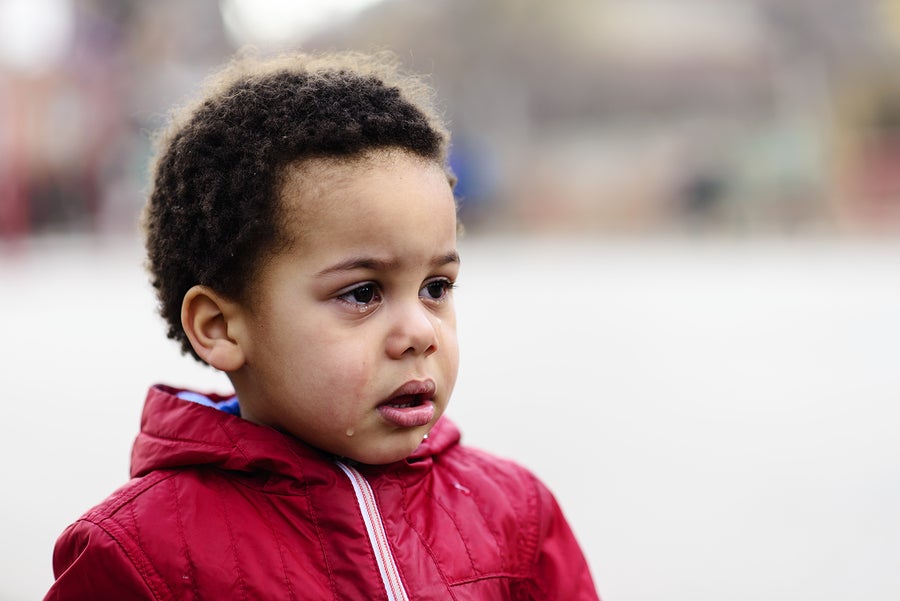When news broke this week that President Trump was going to stop separating families at the border, we felt cautious optimism. As we waited for the details, I wondered what the Administration’s new policy would say about addressing family immigration and how it would ensure families already separated would be reunited. I hoped the President’s announcement would be straightforward – a simple call to the Department of Homeland Security to end the zero-tolerance policy.
If only.
The Executive Order (EO)is only two pages long, but it raises more questions than it answers and appears to have many disturbing implications. It starts by reinforcing the Administration’s current policy, though it doesn’t use the “zero-tolerance” phrase. With respect to families, it calls for detaining them together, “where appropriate and consistent with law and available resources.”
Setting aside for a moment that the EO calls for detaining families (more on that below), what does it mean to say where appropriate and consistent with law and available resources? Hasn’t the Administration been defending the zero tolerance and family separation policies for months, falsely claiming that it is not only consistent with the law but in fact their only legal option?
The EO makes no assurance that families will not continue to be separated as the Administration can always claim it’s not appropriate or there aren’t resources available to detain them together. It thus gives wiggle room to the Administration to continue separating children while reinforcing the Administration’s zero-tolerance policy which created this problem in the first place.
Now back to the crux of it all – detaining families. The EO calls for detaining families the entire time they are undergoing immigration proceedings, which can take months or more. The families are to be detained in military facilities, either existing bases or newly constructed tent cities.
The problem is, this is illegal. Children cannot be detained in secure facilities under the Flores Settlement and the Trafficking Victims Protection Act, and in emergency situations with large increases in families crossing the border, children can only be detained with their families for up to 20 days.
So rather than ending the zero-tolerance and family separation policies as this EO purports to do, it continues the zero-tolerance policy and seeks legal authority from the courts to change the Flores Settlement and detain families indefinitely in secure, military encampments rather than only temporarily in licensed facilities. We know that family separation exposes children to potentially irreparable harm because of toxic stress. But we also know that detaining children – even if together with their families – has a similar impact. Detaining children for long periods of time is sure to cause lasting physical and mental health problems.
Also completely missing from the EO is any mention of how the more than 2,342 children already separated from their families will be reunited. The Administration did not have a reunification plan in place before it began separating families, and it still does not have a plan. Immigration rights advocates are doing their best, but it’s an incredibly complicated task to identify even one child, let alone actually reunite the family.
It’s clear from statements by Administration officials in the news that there is still a lot of work to be done within the Administration itself to understand and implement the EO without violating the legal protections for children. The military appears to be preparing to house 20,000 immigrants, but it’s unclear if this will include unaccompanied or separated children, adults, family units, or some combination thereof. The Department of Justice is also preparing, reportedly filing a request to end the protections for children under the Flores Settlement just one day after the EO was released. Unfortunately, it seems that it’s more important to President Trump to hold on to the zero-tolerance policy to win political points with his base than to fix the damage he has already caused to thousands of children and prevent harm to other children moving forward.


